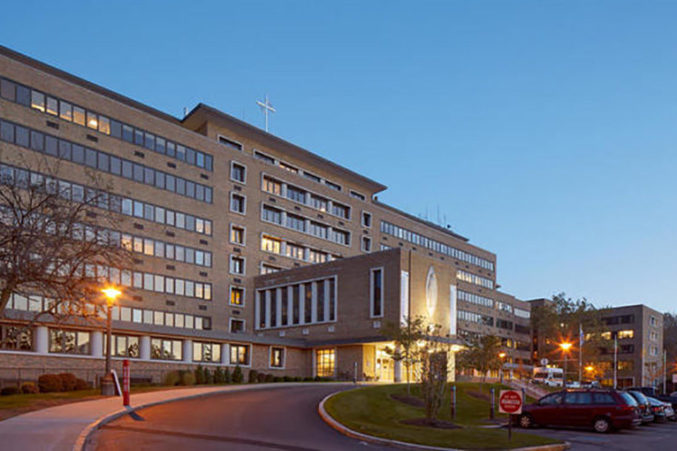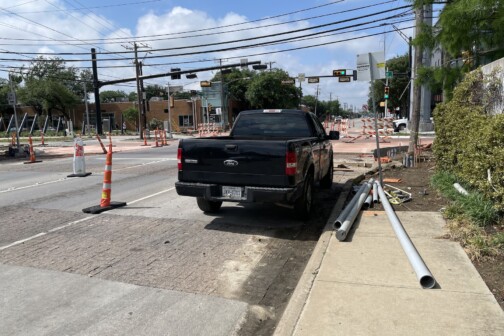If you don’t know the phrase “food desert,” then you should head over to the Guardian, which has re-printed an article from the March 2014 edition of Atlanta Magazine about a peculiar and baffling feature of urban poverty in the age of sprawl: huge areas of city’s with no access to a decent grocery store. It’s a problem that is getting increased attention here in Dallas. It came up during the Mayor’s South-Dallas-bridging-building-somthing-or-other panel back in January, and it is what is driving efforts by council member Tennell Atkins and Paul Quinn college’s Michael Sorrell to open a grocery store in South Dallas.
But if you needed some perspective on just how dire the situation is, this latest report nails it:
In Atlanta, the ninth-biggest metropolis of the world’s richest country, thousands of people can’t get fresh food, and some are getting sick as a result. Which raises a simple question: why can we build multimillion-dollar highway systems and multibillion-dollar stadiums, but not more grocery stores? If we can build a museum dedicated to a soft drink and one that celebrates college football and another that trumpets civil rights, can’t we help our neighbours with what seems to be a most essential and basic right: putting an affordable and healthy dinner on the table?
The article is quick to point out three familiar factors that contribute the problem, race, class and sprawl, but food deserts are also another example of how mis-guided transportation policies beginning in the 1950s and 1960s have created a way to extract value from communities:
But of all the factors that contribute to Atlanta’s food-desert problem, none is more important than transportation. Our low population density combined with a lack of comprehensive public transit means many people simply cannot get to places where fresh food is available.
And the problem of lack of access to grocery stores isn’t just one of convenience, it’s creating a dire health crisis in our poorest neighborhoods:
One of the paradoxes of food deserts is that the people living in them often have the highest rates of obesity – and its associated illnesses.
A 2009 study in the journal Pediatrics showed that children who live in neighbourhoods with lots of corner stores consume more calories and are more likely to be obese than children who live in neighborhoods with supermarkets. When King and Abernathy railed against poverty in the 1960s, many poor people were malnourished and severely underweight. Today they are still malnourished – but overweight.
It’s not about Dallas, but the situation in Atlanta is similar enough to the state of things in our city that the article is worth reading in full.





